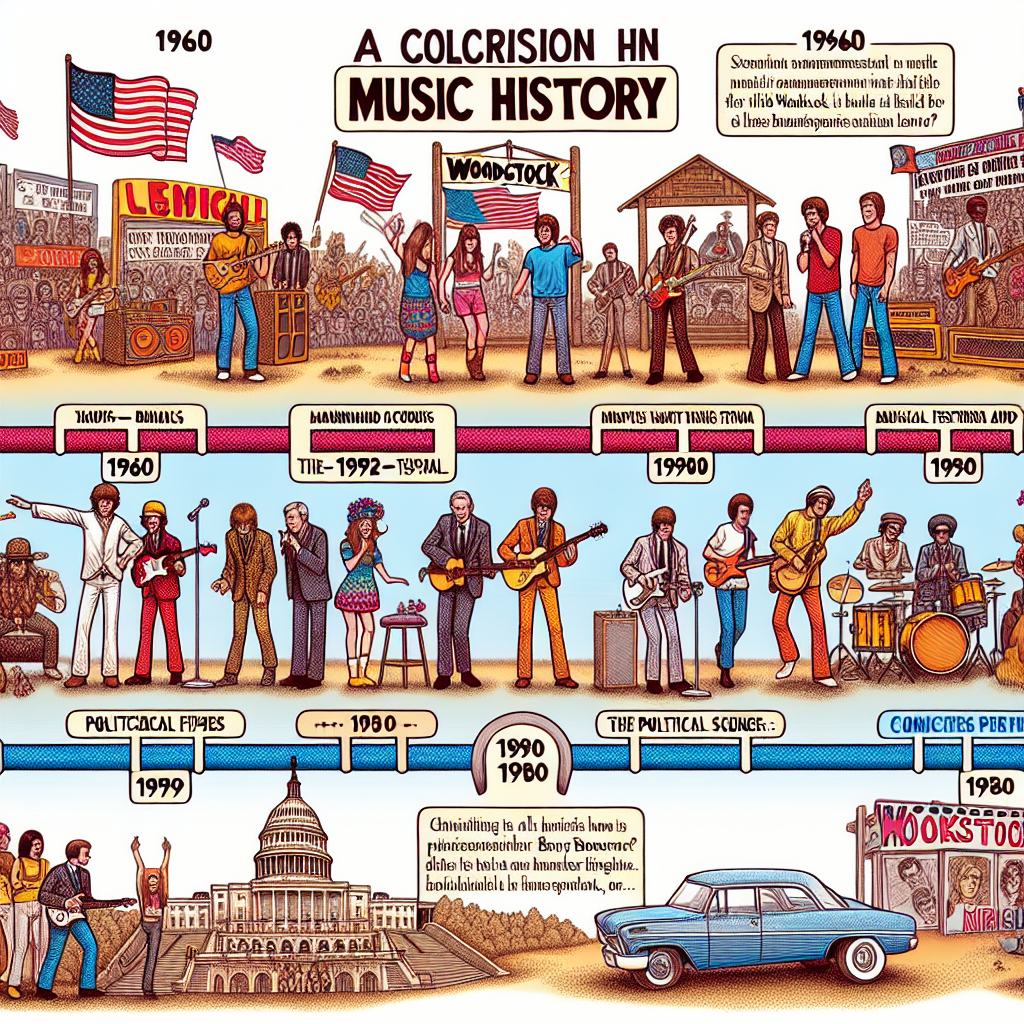Are you a baby boomer who was lucky enough to experience the music revolution of the 1960s and 70s? If so, you probably remember how music played a crucial role in shaping the political landscape of that era. From Woodstock to Washington, music had the power to inspire change and unite people in a common cause.
During this time, technology was rapidly advancing, allowing for music to be shared and distributed on a global scale like never before. This meant that artists could reach a wider audience and spread their message of peace, love, and revolution across the world.
From Bob Dylan’s protest songs to Jimi Hendrix’s electric guitar solos, music became a powerful tool for expressing political beliefs and challenging the status quo. Songs like “Blowin’ in the Wind” and “Imagine” became anthems for a generation seeking social justice and equality.
As baby boomers navigated through a turbulent world filled with war, civil rights movements, and environmental crises, music provided them with a sense of hope and unity. Concerts like Woodstock brought together thousands of like-minded individuals who were eager to make their voices heard and create positive change in the world.
Today, we can still see the lasting impact that music had on shaping the political landscape for baby boomers. The values of peace, love, and equality that were championed during this era continue to resonate with people of all ages as they strive to create a better world for future generations.
So next time you hear your favorite song from the 60s or 70s, take a moment to reflect on how music has played a role in shaping our world. Let’s continue to use its power to inspire change and unite us in our quest for a better future.


Get involved!
Comments